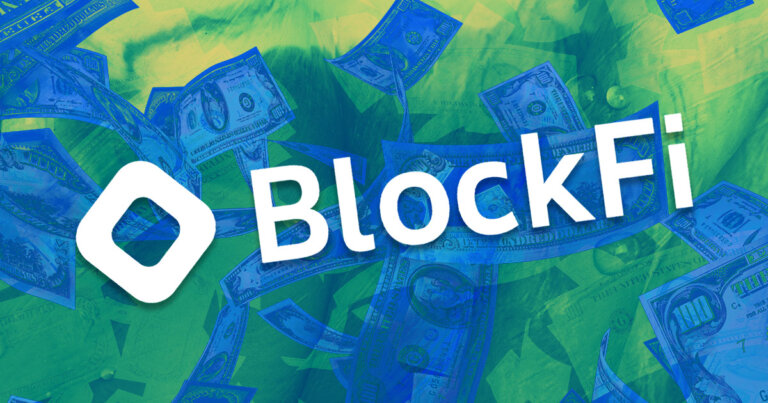 BlockFi receives permission to return $297M to certain customers
BlockFi receives permission to return $297M to certain customers BlockFi receives permission to return $297M to certain customers
A judge ruled that funds in wallets, but not interest accounts, belong to users.

Cover art/illustration via CryptoSlate. Image includes combined content which may include AI-generated content.
BlockFi received permission to return $297 million to certain customers as part of its bankruptcy proceedings, Reuters said on May 11.
Specifically, the company is permitted to return those funds to customers who held funds in BlockFi’s Wallet rather than its interest-bearing accounts.
Judge Michael Kaplan ruled that although wallet users owned their deposits, customers who stored funds in interest-bearing accounts did not own their balance but granted control to BlockFi. The company, in turn, used those assets in its lending activities.
Ruling excludes $375 million
The ruling excludes users who moved funds to the wallet as a last-minute measure when BlockFi filed for bankruptcy last November.
About 48,000 users tried to move $375 million from interest accounts to wallet accounts at that time. Though customer lawyers argued that the sum should be returned as well, Judge Kaplan decided against this on the grounds that BlockFi did not finalize those transactions and also because its terms allowed it to block such transfers during its service halt.
BlockFi’s own lawyers previously argued that a return of that $375 million sum would dilute the value of funds recovered by wallet users. Lawyers said that such a payout could even stop BlockFi from returning any funds at all due to a lack of fund segregation.
BlockFi initially halted user withdrawals and activity on Nov. 10, 2022 amidst the collapse of the crypto exchange FTX. BlockFi filed for bankruptcy on Nov. 28.
The company previously refunded $100,000 to California users in March.











































































































